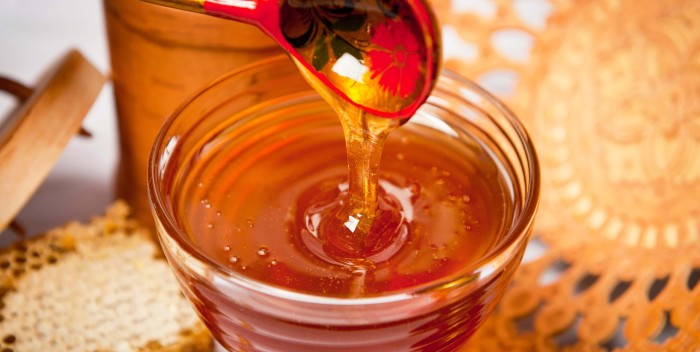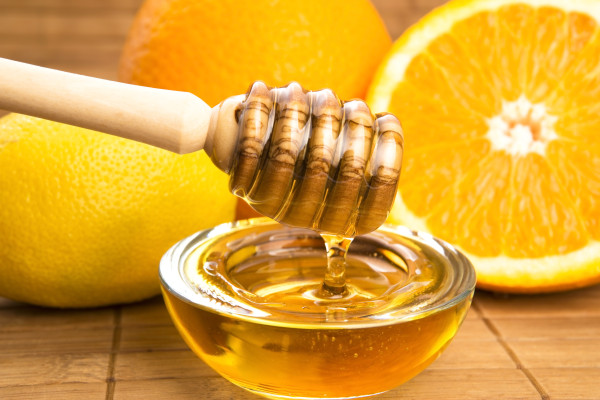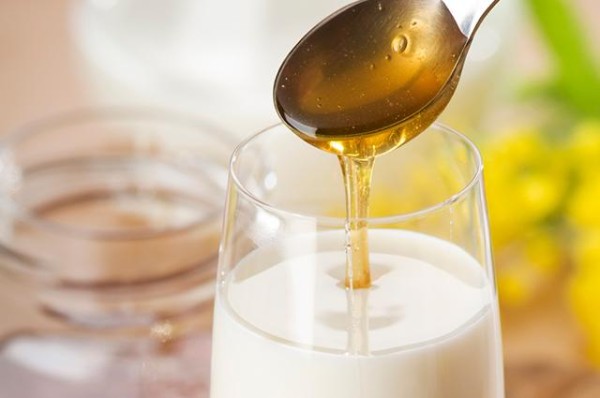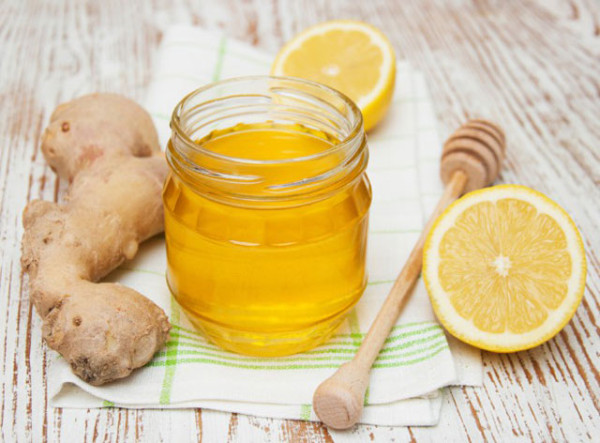Benefits of honey for colds
Many remedies have been invented for the treatment of colds. One of the most famous and popular is honey treatment for colds. There are a lot of options for using this beekeeping product as a medicine against colds.
Content
Benefits of honey for colds
Plant nectar, partially processed by bees, has many valuable nutritional and medicinal properties. A pleasant-tasting and aromatic product has long been considered beneficial for longevity. Honey has many varieties depending on which plant the bees collected pollen from. All varieties differ in color, taste, aroma and useful properties.
From the point of view of treating colds, lime honey will be of the greatest benefit. It has quite strong bactericidal and anti-inflammatory qualities and has a pronounced expectorant effect. When used, the body's immune defense is enhanced, a person is better able to resist the effects of infections. It is recommended to take honey not only for colds, but also for other lung diseases.
Not all people can consume this beekeeping product. Despite all the benefits honey is pretty strong allergen... Also, a contraindication of honey is diabetes mellitus and pancreatitis.
Honey and lemon for colds
To heal a cold, several recipes are used with the participation of honey and lemon. For example, a mixture of juice from half a citrus fruit and 1 large spoonful of honey will help cure a cough. This remedy must be taken every hour.
A remedy prepared according to this recipe copes well even with a strong cough: boil a whole lemon for 10 minutes over low heat, then let it cool and squeeze the juice out of it. Pour 2 large spoons of pharmacy glycerin there and add honey. This mixture must be taken in a teaspoon up to 4 times a day.
You can reduce the heat with tea with honey and lemon. This vitamin drink is useful not only for colds, but also for calming the nervous system. It is best to drink tea warm, for this you first brew your favorite tea, let it cool to about +40 degrees, and then add citrus slices to it and honey to taste. In warm tea, both honey and lemon will retain all their beneficial properties and allow you to cope with the disease faster.
Milk with honey for colds
The combination of milk and honey is quite effective in treating colds. But with a sore throat, this recipe should not be used. The fact is that the dairy environment is quite attractive for the vital activity of pathogens. Therefore, an old recipe can be used for acute respiratory infections, flu or acute respiratory viral infections without pain in the throat.
It is very simple to prepare it: the milk must be boiled and cooled to an acceptable temperature. Then a small piece of butter and a large spoonful of sweet bee product are added to the liquid. Take this remedy 100 ml three times a day. It is best to do this before bed, wrapped in a blanket.
Vodka with honey for colds
Recipes of traditional healers, in which vodka and honey are present, help to cure colds quite well. But before using them, you need to consider some rules:
- Along with traditional medicines, products with honey and vodka should not be taken.
- High fever or heart disease is a contraindication to this treatment.
To prepare a healing potion, 50 ml of vodka and 50 g of lime honey are mixed in a metal dish. The juice from a lemon slice is added to this mixture. To make the medicine taste pleasant, you can add a little ginger powder and a small spoonful of cumin. All ingredients are mixed and heated in a water bath.
The medicine should be taken at bedtime and covered well at night. Then, after sweating well, in the morning you will not feel the signs of a cold.
Honey with ginger for colds
Most often, ginger in combination with honey for healing from colds is used in the form of teas. For example, you can make green tea with these beneficial additives. The ginger root is thoroughly washed, peeled and chopped in any way. The citrus fruit is peeled and cut into slices, the peel is also chopped and mixed with ginger. A large spoonful of dry green tea is brewed as for a drink. After a few minutes, the volume of liquid is brought to a liter and poured into a saucepan, where a mixture of lemon zest and ginger is previously placed. The drink is allowed to brew for half an hour, then squeezed lemon juice and 4 large tablespoons of honey are added to it. This drink should be drunk warm.
To make red tea, you need to prepare ginger and lemon according to the previous recipe. Add cinnamon, cloves or other favorite spices to the pot with this mixture. As a drink, hibiscus tea is used, which is prepared in the same way as the green tea from the previous recipe. Pouring lemon-ginger tea with seven, wait half an hour and add lemon juice and 4 large spoons of honey.
Herbal tea with ginger and honey is prepared in a slightly different way. For such a recipe, you will need a mixture of dry herbs. You can take a linden blossom chamomile, licorice, oregano, or other herbs. They are brewed with a liter of boiling water; for convenience, you can use a thermos. Ginger root and lemon zest are chopped and placed in a saucepan, citrus juice and honey are added. The brewed herbal drink is poured into the prepared mixture. When consumed, the drink is warmed up and 1/5 of a large spoonful of alcoholic tincture of echinacea is added.
Is it possible to honey at a temperature
High temperature when sick, it always raises concerns. To reduce it, honey can be taken not only, but also necessary. This remedy will not harm your health and will help you cope with the disease faster.
When consuming a bee product, sweating increases, which causes a natural decrease in body temperature. If the patient's temperature has exceeded +38 degrees, you just need to eat a couple of dessert spoons of honey and wrap yourself in a blanket. In this case, honey will also act as an antibacterial agent. After a while, the temperature will drop and the patient will feel relief.
In this simple way, you can bring down the temperature even for children from the age of three. It is imperative that there should be no allergies to bee products and diseases of the gastrointestinal tract, liver or kidneys.






